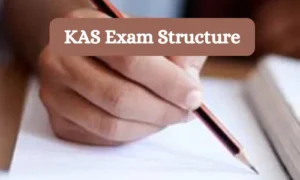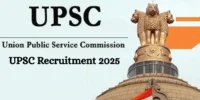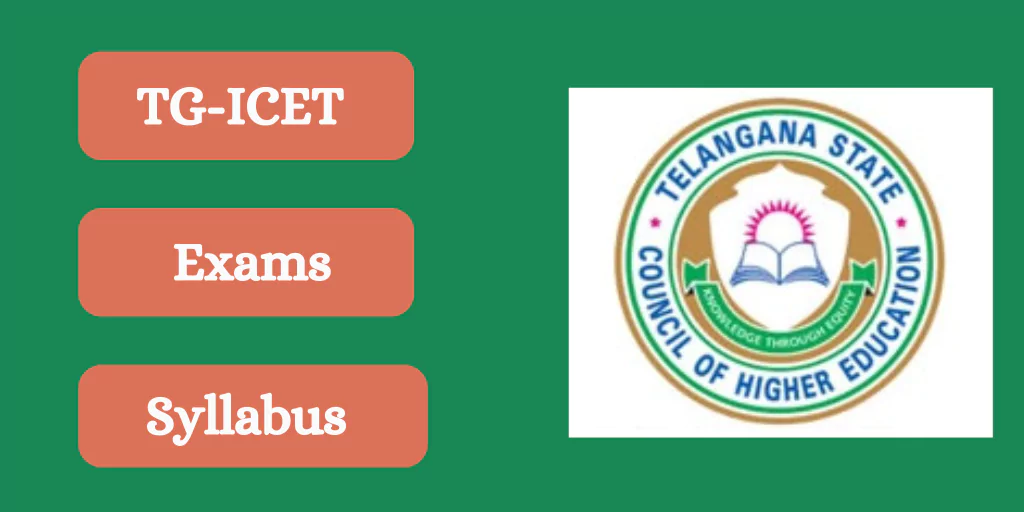Ever felt like cracking the Karnataka Administrative Service is like trying to decode an ancient script without a key? I’ve been there. The KAS Exam 2025 is looming, and if you’re serious about joining Karnataka’s civil services, you need more than just random study tips from random corners of the internet.
I’ve put together this comprehensive KAS Exam guide after spending months researching the pattern, syllabus, and success strategies. Trust me, this isn’t another generic “work hard and you’ll succeed” article.
What separates those who make it into the Karnataka Administrative Service from those who don’t isn’t just intelligence—it’s having the right roadmap. And I’m about to show you exactly what that roadmap looks like.
But first, let me tell you about the one preparation mistake that eliminates 70% of candidates before they even reach the interview stage…
1. Understanding KAS Exam Structure

A. KAS exam tiers and stages explained
I’ve been studying the KAS exam structure, and it’s a three-tier process. First up is the Preliminary exam (objective MCQS), followed by the Mains (written descriptive), and finally the Personality Test. Each stage filters candidates, making it progressively more competitive.
B. Key differences from other state civil service exams
What sets KAS apart from other state exams? I’ve noticed it has a more Karnataka-focused syllabus than UPSC, with special emphasis on state history, culture, and governance. The competition is fierce but regional, with around 50,000 applicants fighting for approximately 200 positions.
2. Eligibility Criteria & Application Process

A. Educational qualifications required
I need a bachelor’s degree from any recognised university to apply for the KAS Exam 2025. That’s the minimum requirement, but I’ve noticed candidates with specialised degrees in public administration or political science often have an edge in the conceptual parts of the exam.
B. Age limits and reservation policies
The age limits for KAS are pretty straightforward – I must be between 21-35 years as a general category candidate. Karnataka’s reservation policy gives relaxations to SC/ST candidates (5 years) and OBCS (3 years). I’ve seen these quotas help create a more diverse administrative service.
3. Comprehensive Syllabus Breakdown

A. Preliminary examination subjects and weightage
I’ve analysed the KAS 2025 prelims pattern thoroughly. Paper I covers general studies (200 marks) while Paper II tests aptitude (200 marks). From my experience, focusing on current affairs and Karnataka-specific topics gives the best returns. I typically allocate 60% of my study time to state-related topics.
B. Main examination paper structure
The main is where I need to shine with detailed answers. It includes six papers: General Studies (4 papers), language papers, and my optional subject. I’ve found that practising answer writing daily is crucial – it’s not just what I know, but how I present it that matters.
4. Effective Preparation Strategy
A. 12-month study plan for beginners
I’ve found that consistent daily study is the key to KAS success. For my 12-month plan, I dedicate 6-8 hours daily: mornings for new topics, afternoons for practice questions, and evenings for revision. Weekends are for mock tests and analysing weak areas.
B. 6-month revision plan for repeaters
My 6-month revision strategy focuses on strengthening weak subjects first. I spend 10-12 hours daily, with 60% time on practice tests and 40% on targeted revision. I’ve created monthly milestones to track progress and adjust my approach accordingly.
5. Mastering the Prelims
A. Subject-wise preparation approach
I’ve found success by breaking down KAS Prelims into manageable chunks. For General Studies, I focus on Karnataka history and geography first, then move to national concepts. For aptitude, I practice daily with 15-20 questions to build speed and accuracy.
B. Current affairs focus areas for Karnataka
My strategy centres on tracking Karnataka’s development schemes, government appointments, and local policies. I religiously follow Karnataka-specific magazines and newspapers, especially The Hindu Karnataka edition. This targeted approach pays dividends in the prelims, where state-specific knowledge matters tremendously.
6. Excelling in the Mains Examination
A. Answer writing practice framework
I’ve found that daily answer writing is the secret to KAS Mains success. My approach? I pick one question per subject daily, write within time limits, then compare with model answers. This discipline transformed my preparation for the Karnataka Administrative Service exam.
B. Developing a Karnataka-centric perspective
When tackling KAS papers, I always connect topics to Karnataka’s unique challenges. I read the Karnataka Economic Survey, state budget documents, and follow local news obsessively. This local angle gives me an edge over candidates who stick to generic answers.
7. Interview Preparation Essentials

A. Understanding the personality test format
I’ve found that the KAS personality test isn’t just about knowledge—it’s about who I am as a potential civil servant. The interview panel typically includes 3-5 members who evaluate my communication skills, critical thinking, and decision-making abilities in various scenarios related to Karnataka administration.
B. Expected question categories and themes
When I practised for my KAS interview, I focused on questions about Karnataka’s history, current affairs, and governance challenges. The panel often throws situational dilemmas at me, testing how I’d handle a real administrative crisis. I make sure my answers reflect both knowledge and ethical judgment.
8. Post-Selection Process

A. Service allocation procedure
After clearing the KAS Exam 2025, I’ll be allocated to services based on my rank and preferences. I’ve learned that KPSC assigns candidates to various administrative roles through a counselling session where top rankers get priority picks. My performance will directly impact which service cadre I join.
B. Probation period expectations
During my probation (typically 1-2 years), I’ll undergo intensive training and field postings. I need to pass departmental exams and demonstrate administrative capabilities. This period is crucial as it shapes my understanding of Karnataka’s administrative framework and public service delivery systems.
Conclusion
Preparing for the KAS exam is undoubtedly challenging, but with the right approach, it’s achievable. From understanding the exam’s structure to mastering each stage—prelims, mains, and interview—this journey demands consistent effort and strategic planning. I’ve outlined the eligibility requirements, comprehensive syllabus breakdown, and effective preparation strategies to help you navigate this competitive examination with confidence.
I encourage you to start your preparation early, follow a well-structured study plan, and stay updated with current affairs relevant to Karnataka. Remember, success in the KAS exam isn’t just about knowledge accumulation but also about developing analytical thinking and effective communication skills. As you embark on this journey toward Karnataka Civil Services, maintain your determination and resilience. Your dedication today will shape not only your career but also the future of Karnataka’s administration. All the best for KAS 2025!







